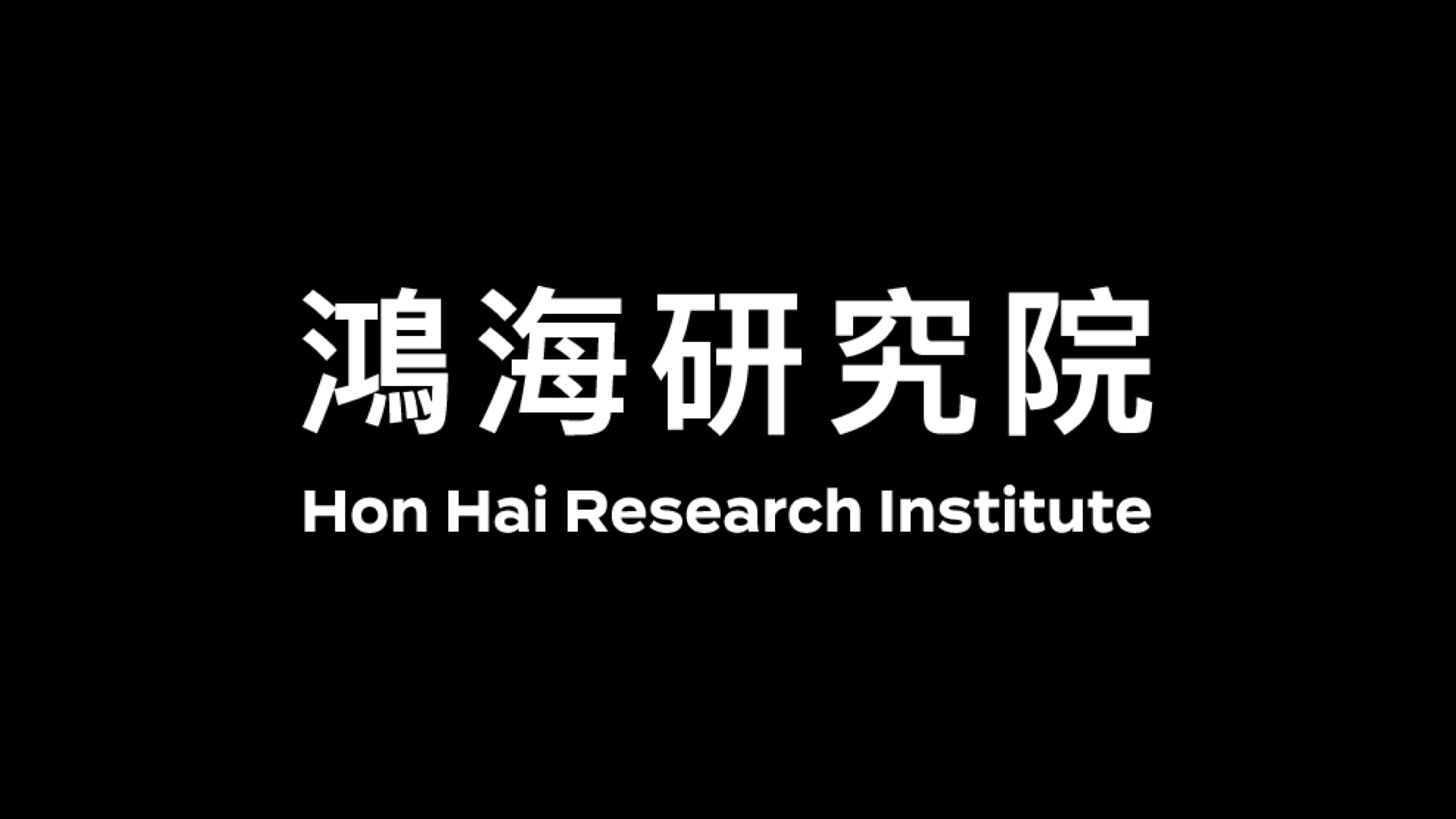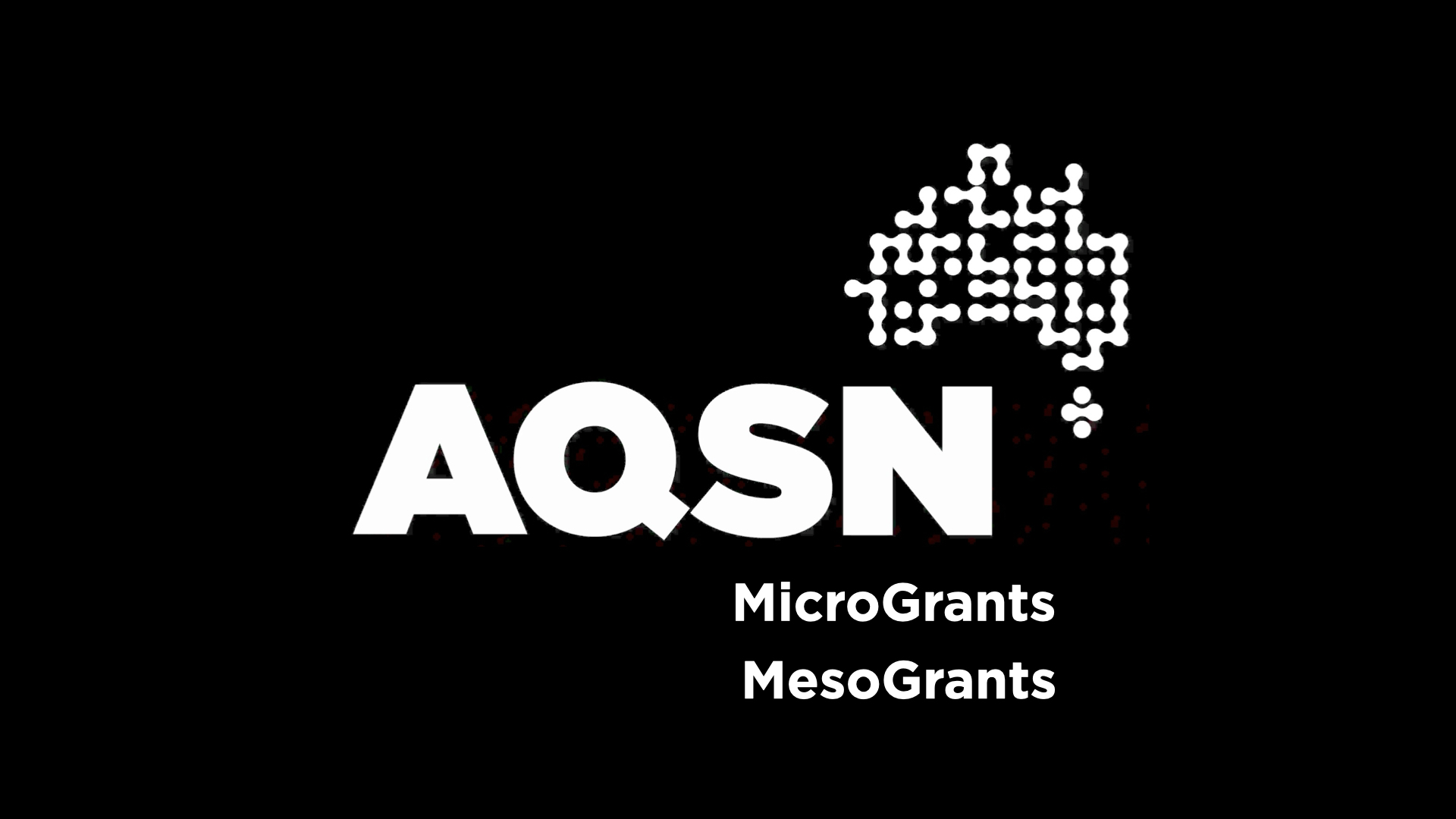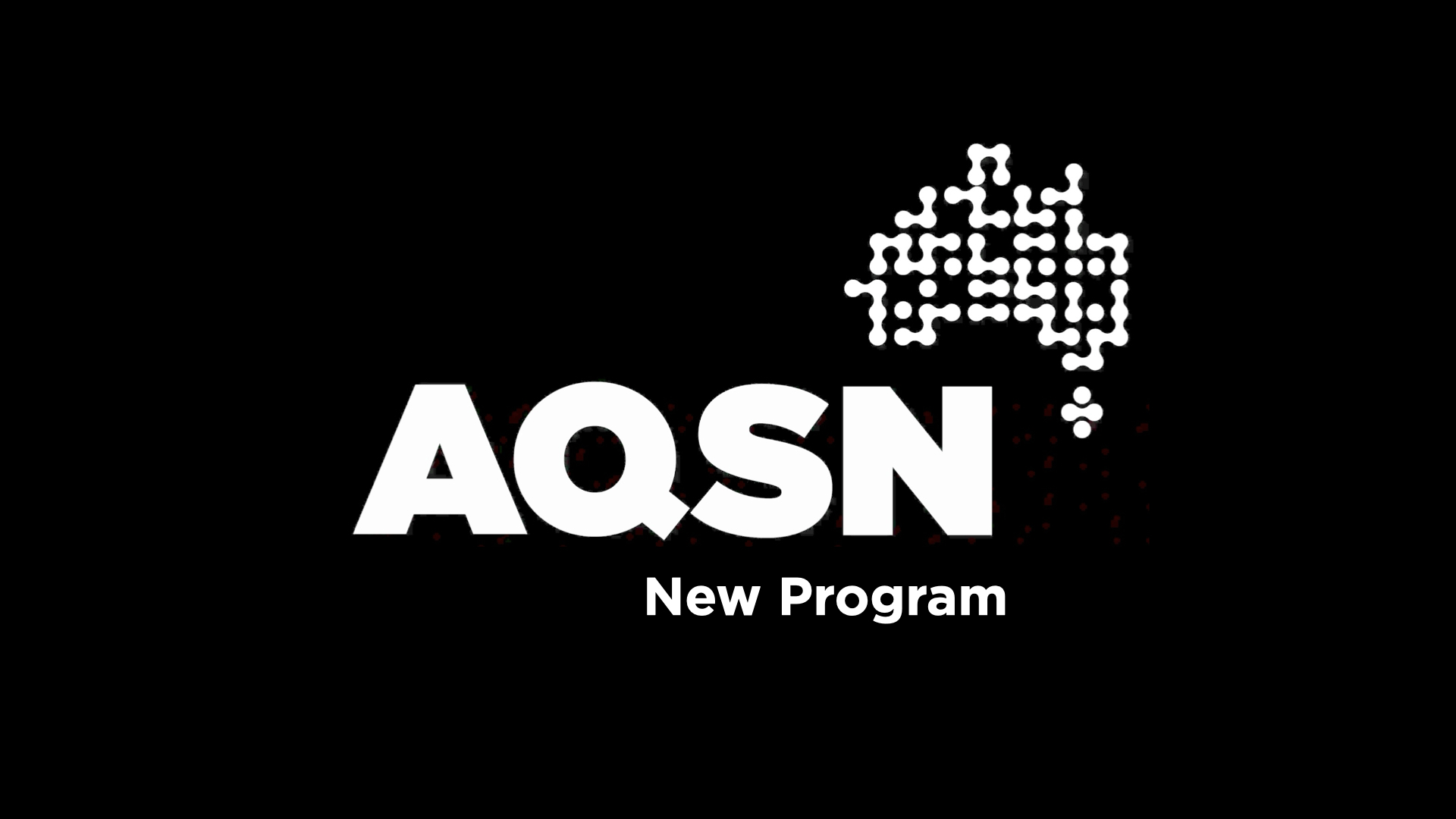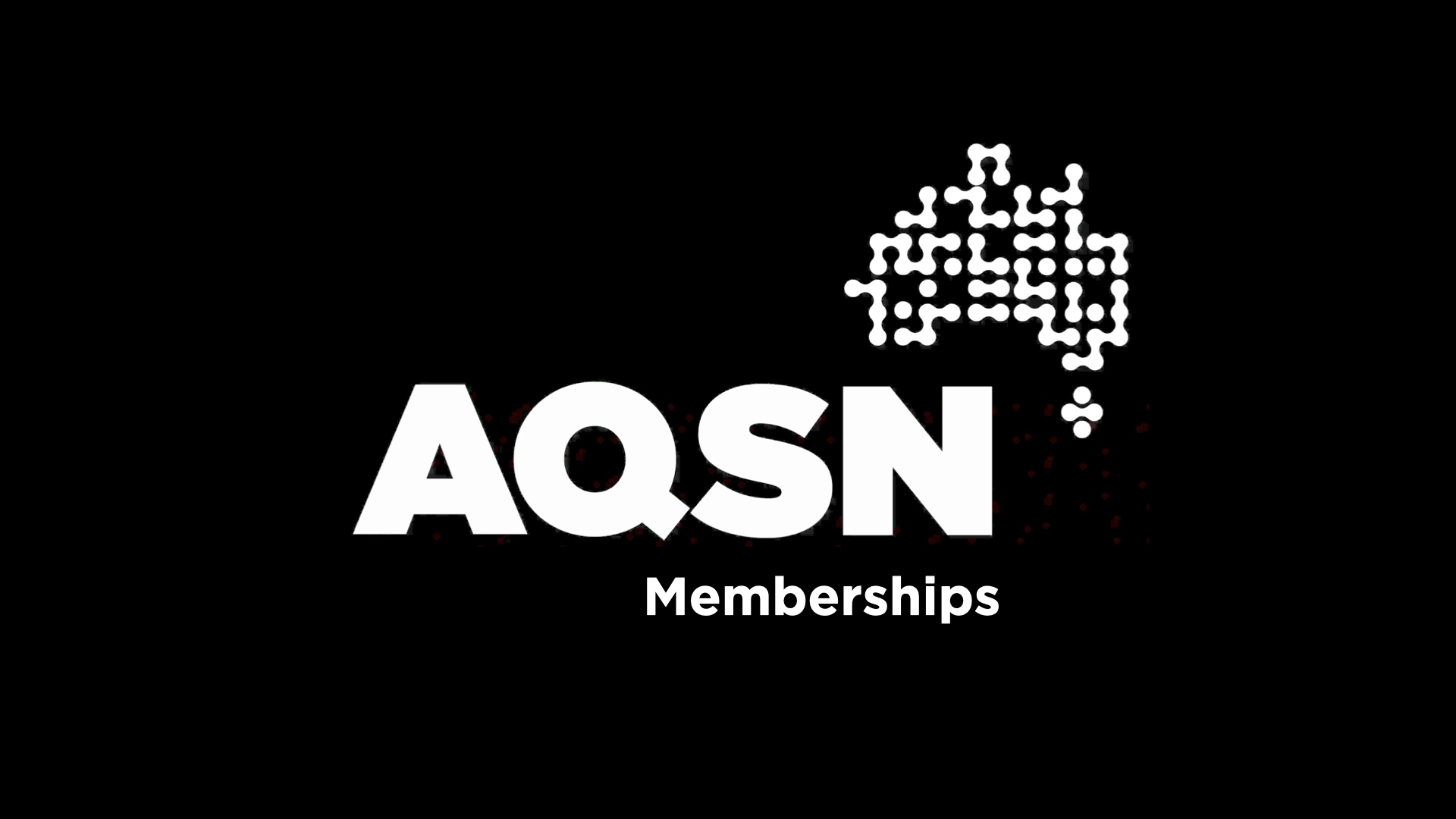Hon Hai Precision Industry Co., Ltd. (Foxconn) is the world’s largest electronics manufacturer and a key supplier for major global technology brands, with over a million employees worldwide. The Hon Hai Research Institute is the company’s dedicated R&D arm, focused on alleviating bottlenecks and advancing frontier technologies in quantum computing, AI, semiconductors, information security and next-generation communications.

The Hon-Hai Quantum Computing Research Center, headquartered in Taiwan, has research staff based in Australia, Japan and Hong Kong and a global network of research collaborators in both academia and industry. To support fundamental theoretical quantum computing research in Australia and develop collaborative partnerships with future leaders in the field, the Hon-Hai Quantum Computing Research Center is offering Micro- and MesoGrants targeting research in selected topics.
- Resources for quantum computation and quantum advantage
What makes quantum systems hard to classically simulate?
This question drives a vibrant subfield focused on the classical simulation of quantum circuits and the identification of key nonclassical resources—such as magic, entanglement, and quasi-probabilistic negativity—that underpin quantum computational advantage. By developing algorithms and hardness proofs that reveal the boundaries of efficient classical simulation, researchers are characterizing these resources and uncovering new principles that sharpen our understanding of quantum computational complexity and quantum advantage. This area blends foundational insight with practical impact, offering a unique vantage point from which to explore the frontier between efficient classical simulability and quantum advantage.
- Noise and its impact on quantum advantage
Under what conditions and to what extent does quantum advantage persist in the presence of noise?
This foundational questions about the fragility of quantum advantage motivates rigorous frameworks for quantifying how different noise models deteriorate quantum computational resources.
- Quantum learning theory
Can quantum computational resources enhance the capabilities of learning algorithms?
Quantum machine learning (QML) is an emerging subfield that brings together ideas from quantum computing, statistical learning theory, and optimization to investigate when and how quantum systems can learn from data in ways that are provably or heuristically superior to classical approaches. This includes the development of quantum algorithms for classification, regression, and generative modelling, as well as theoretical studies of the trainability of variational quantum algorithms.
How do we resource-efficiently extract classical data from inherently fragile quantum information?
Closely connected to QML are tasks related to learning classical descriptions of quantum states and processes from quantum data—such as quantum tomography, classical shadows, and compressed learning protocols. These problems are rooted in quantum information theory but increasingly draw on learning-theoretic techniques to address questions of sample complexity, computational complexity and robustness to noise. Included in this area is theoretical research on the efficient characterization and benchmarking of quantum systems.
The Hon Hai (Foxconn) quantum computing research center welcomes applications for research aligned with these topics.
MicroGrants of up to $7,500 AUD are offered for independent or collaborative research projects. MesoGrants of $30,000-$40,000 AUD are offered for collaborative research projects. MicroGrant and MesoGrant project funding is expected to support 12 months of research with successful longer-term projects encouraged to reapply at the end of this period. For successful projects, up to an additional $20,000 AUD is offered to support costs associated with the dissemination of results including open access publication and/or presentation at selected major conferences. ”



